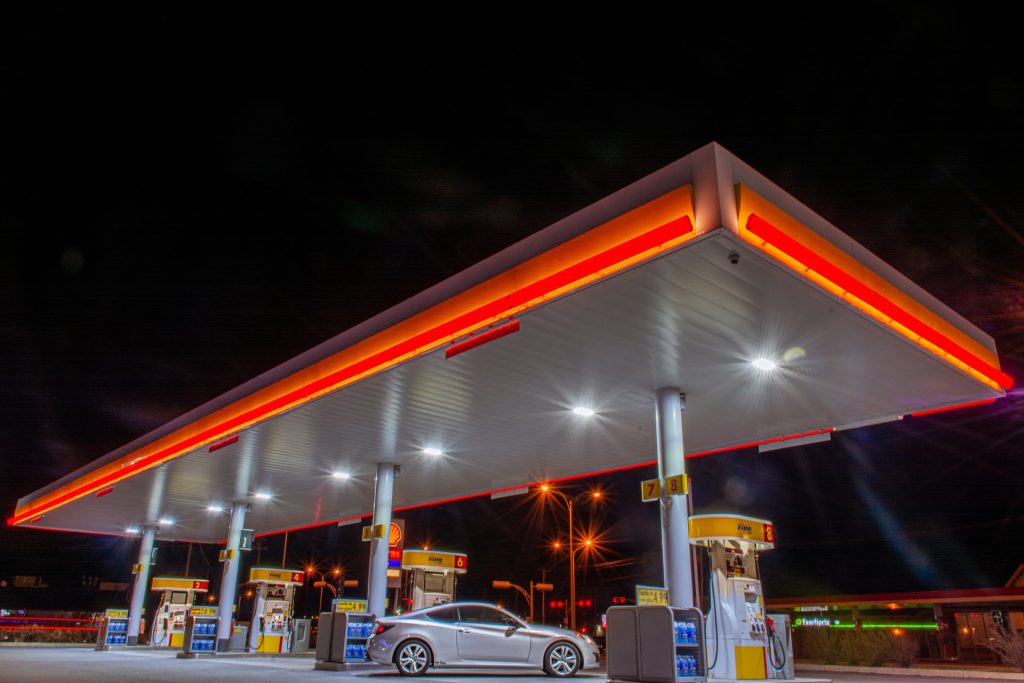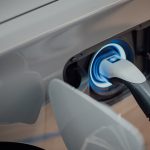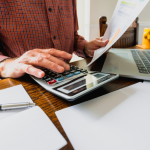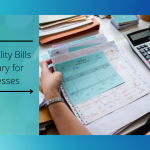
Premier John Horgan stated Friday that drivers in B.C. who have been affected by rising gas prices would soon get reimbursed from the province. According to Horgan, most drivers who hold basic motor insurance coverage with the Insurance Corporation of British Columbia in February will be paid $110.
According To Solicitor General Mike Farnworth, commercial ICBC clients would receive a $165 rebate because their gas costs are often higher. He also stated that the sums were determined based on ICBC’s financial situation.
The incentive is exclusive to electric car owners, according to the province.
The premier’s office stated that rebates were not divided based on vehicle types to avoid delays and that electric car owners who don’t need their rebate should give it.
Gas prices touched an all-time high two weeks ago, with many Metro Vancouver stations charging 214.9 cents per liter. Oil prices, ongoing supply concerns, and Russia’s invasion of Ukraine, according to experts, are all driving up the cost.
“We’re still not out of the woods. According to Horgan, in British Columbia, we’re in for a period of unpredictability “. “We want to make sure we’re prepared to respond.”
$395 million is projected to be spent on the rebate. Those qualified for a payout will get it in May if they have enrolled in ICBC’s direct deposit program. Those who aren’t are going to get a check in June.
Am I Eligible?
You’d get a reimbursement if you held a current qualified basic auto insurance policy throughout February 2022.
ICBC’s goal with this rebate is to help as many customers as possible — exceptions include personal insurance customers with temporary operating permits and policies for golf carts, off-road vehicles, rental cars, and trailers. Commercial rental cars, roadbuilding, and industrial machines, such as forklifts and commercial trailers, are exceptions.
What Is the Amount of the Rebate?
A $110 relief rebate will be given to personal insurance customers who have an active qualified basic auto insurance policy during February.
During February, a $165 relief rebate will be given to commercial insurance clients who have an active qualified basic insurance policy. The higher sum reflects the fact that these drivers have higher insurance premiums.
When Can I Expect to Receive My Refund?
Customers who have signed up for direct deposit will get their reimbursement in their bank account starting in May.
Customers who paid for their insurance using a credit card will receive their rebate in the form of a credit on their card between May and June.
Starting in June, all other customers, including those on payment plans, will receive their rebate in a check. Customers on payment plans have until April 30 to sign up for the direct transfer of their rebate.
Beginning in June, customers who have leased vehicles will receive a check. The firm that leased the car must endorse the customer’s refund check in most cases. However, they’ll be contacting a few leasing businesses to get permission to send checks to clients directly. They’ll specify whether clients require the leasing business to endorse their check-in letters to them.
All qualifying clients will get a letter stating when their rebate will be issued, regardless of their payment method.
Do I Qualify If I Drive an Electric Vehicle?
While electric vehicle owners are not affected by increased petrol prices, all British Columbians have faced significant financial challenges in recent months.
Electric car owners, like all customers, have contributed to our sound financial position by paying higher insurance costs.
This rebate aims to provide financial assistance to as many clients as possible.
Will I Get a Refund If I Have Outstanding Penalties?
ICBC will apply the rebate amount to an eligible customer’s outstanding debt under the Family Maintenance and Enforcement Program (FMEP) if we’ve received an active notice of attachment from the FMEP.
ICBC will not apply the relief rebate to any other debt to prevent delays and complications in distributing the rebates. ?
No Tax Refund
Unlike its eastern neighbor, B.C. has not announced a tax decrease to help offset rising petrol prices. Alberta announced a plan to decrease gas taxes by 13 cents per liter at the beginning of the month to help alleviate the province’s soaring prices.
“We did take a peek at the taxes at the gas station. Some community members believe that this is a more suitable course of action, “According to Horgan.
“However, we’ve received information from (University of British Columbia) economists and others who have informed us that lowering gas taxes will only result in a rise in commodities prices.”
Horgan also justified the province’s response time, admitting that the government “didn’t act quickly.”
He stated, “We acted prudently.” “We took sure to wait until towards the conclusion of the fiscal year so that ICBC could get a better understanding of their financial status, and that is a responsible action.”
An Increase in Carbon Tax
Despite the record-high petrol prices, the provincial government has decided to raise the B.C. Carbon Tax by one cent, bringing it to 11 cents per liter on April 1.
Before the rebate was announced, Dan McTeague, a gas analyst and president of Canadians for Affordable Energy, said, “Metro Vancouver cannot continue to be the punching bag for North America by being the international Girl Guides or Boy Scouts of highest prices, because we want to send a message on being green and trendy.”
According to McTeague, the province’s approach to reducing fossil fuel use needs to be more realistic.
“We’re no longer talking about the environmental climate problem; instead, we’re dealing with a comprehensive global security crisis, which I believe tops everything,” McTeague added.
An “Underwhelming” Plan
The announcement was described as “underwhelming” by the opposition B.C. Liberals. “To be honest, we saw an insurance rebate presented as a gas tax rebate, which it most certainly isn’t,” Peter Milobar, the official opposition finance critic, said.
Milobar stated that the refund distribution is inequitable and fails to meet the demands of low- and middle-income families. “It’s simply disingenuous for the premier to build this as a gas relief project,” he said. He also mentioned that owners of electric vehicles who do not pay at the pump would receive the same checks.
“It’s ludicrous that a single mom who works two jobs and drives a Honda Civic gets the same one-time refund as a Tesla owner,” Milobar added.
Instead, the Liberals urge the NDP to rely on pre-existing carbon credits, such as the B.C. Climate Action Tax Credit.
They believe that this would help lower- and middle-income British Columbians more than those in higher tax bands and that checks would be sent sooner.
What to Expect At the Fuel Station?
Other short-term relief at the pumps and the impending refund may be underway. According to Dan McTeague, a gas price analyst, gas prices are expected to decrease three cents on Saturday and again on Sunday.
He believes the market is waiting to see what happens and that gas prices may be stuck in a holding pattern for the next few weeks.
“I think the best-case scenario is that we stay in the $1.90 level, but unless something catastrophic happens, we’ll go well above $2 a liter,” he added.
The Opposition has criticized Horgan’s government for not doing more to ease the pain at the pumps. B.C. Liberal MLA Jas Johal accused the government of being “asleep at the switch.”
“The NDP promised they would be different, they promised that they would be better, but they are no different than any other government,” Johal said.
Read More: BC’s SCRAP-IT®Program: What It Is and How to Claim It?






Leave a Reply